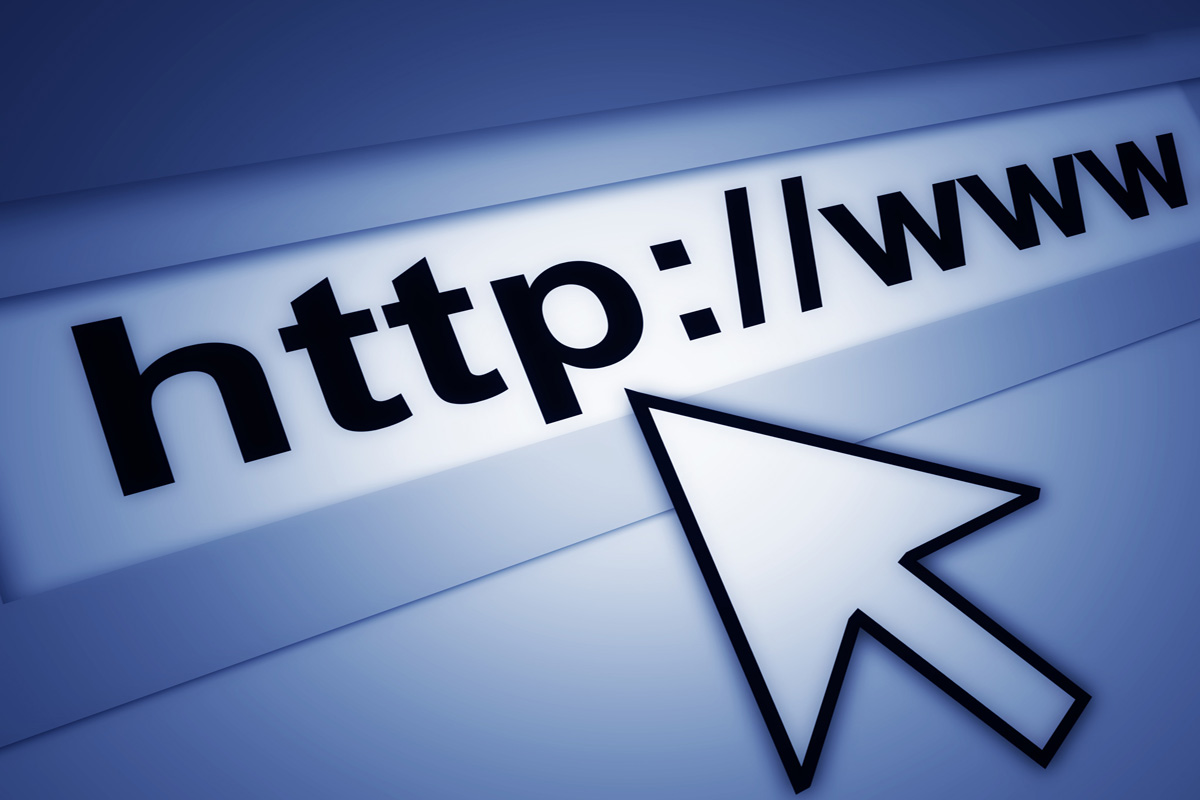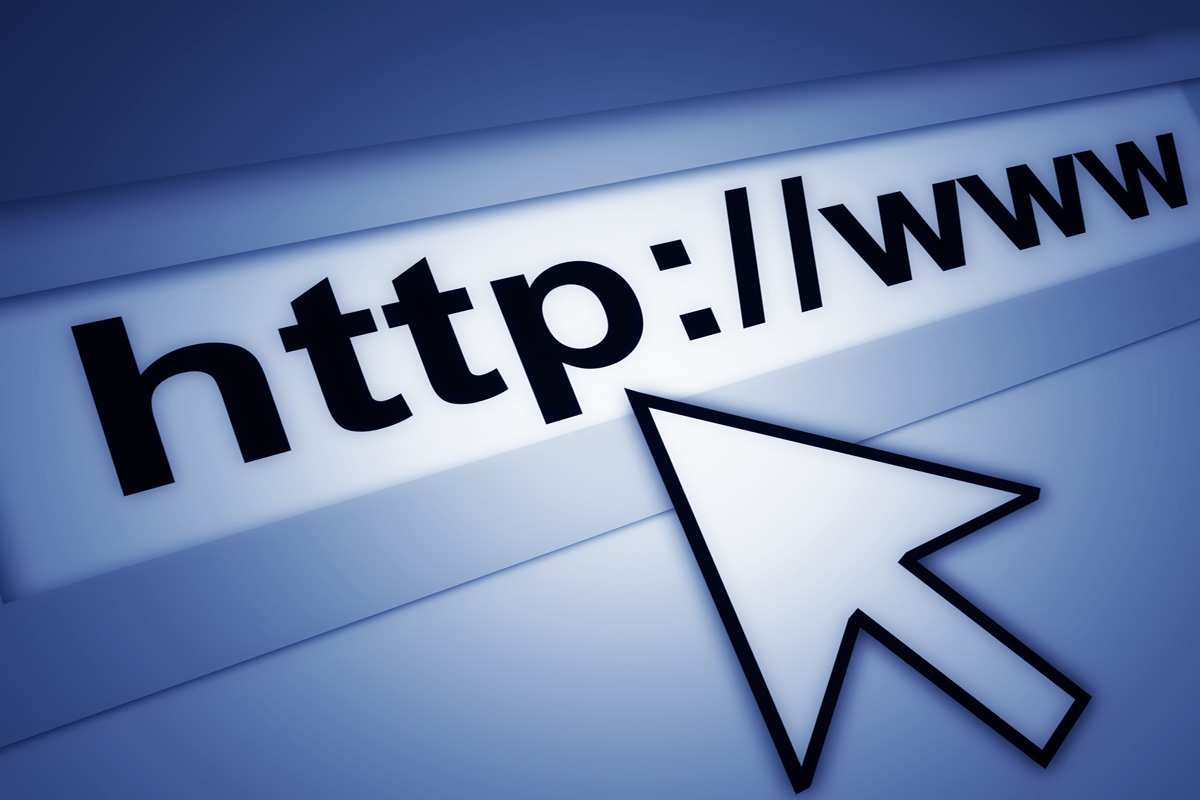Has ICANN opened the door to a load of dot whatnots?
Inside the Enterprise: ICANN's new global Top Level Domain system sounds obscure, but could prove a headache for businesses.

The idea that an internet domain name could soon be anything.almostanything raises some interesting possibilities.
From next year, ICANN, the governing body for internet addresses, will allow applications for new top level domains, to join the ranks of .com, .org, and .net.
By the end of 2012, brands, entrepreneurs and even cities will know whether their applications have been accepted and their $185,000 (115,760) cheques cashed.
Leaving aside the initial reaction - like this could make a rather good storyline for Viz magazine's Roger Mellie, who would doubtless rush out and register a bunch of dot obscenities the facility poses an interesting set of questions for brand owners and businesses.
Firstly, the new gTLDs are hardly cheap. Secondly, any organisation applying will have to show a legitimate claim to the domain they are requesting. Canon, for example, has said it will apply for .Canon, but a claim to dot digitalcamera would no doubt be disputed by Nikon or Sony.
In other industries, claims to a gTLD might be even more contentious. Who owns dot London, for example? And Manchester City Council already owns manchester.gov.uk. Would it feel obliged to spend council tax payers' money on dot Manchester? Or would it face a bidding war with the city's two resident football clubs? No wonder ICANN is hiring consultants to supervise the application process.
Companies might not want to rush to register new domains, especially if their existing dot com or .co.uk site is well enough known, and ICANN says it has taken steps to prevent cybersquatting.
Get the ITPro daily newsletter
Sign up today and you will receive a free copy of our Future Focus 2025 report - the leading guidance on AI, cybersecurity and other IT challenges as per 700+ senior executives
However, firms will need to monitor the impact on their brand closely, especially if competitors already operate online with similar names, and no doubt there will be a rush to register the most popular (not obscene) gTLDs.
For consumers, the new domains raise the prospect of even further confusion when it comes to doing business online.
Unless ICANN is very firm in policing both applications and the resale of domains, there is a real danger that cyber criminals might register domains that look similar to existing brands or use social media and social engineering to drive traffic to criminal sites.
It would be very easy indeed to write a convincing spam email prompting consumers to point their browsers at a new online.banking site, suitably dressed up to appear legitimate.
With 18 months or so to go before the new gTLDs start working, there is time for ICANN to iron out some of the issues. There is also a window of opportunity for businesses to ensure their customers know their real domains. They should not waste that chance.
Stephen Pritchard is a contributing editor at IT PRO.
Comments? Questions? You can email him here
-
 Cleo attack victim list grows as Hertz confirms customer data stolen
Cleo attack victim list grows as Hertz confirms customer data stolenNews Hertz has confirmed it suffered a data breach as a result of the Cleo zero-day vulnerability in late 2024, with the car rental giant warning that customer data was stolen.
By Ross Kelly
-
 Lateral moves in tech: Why leaders should support employee mobility
Lateral moves in tech: Why leaders should support employee mobilityIn-depth Encouraging staff to switch roles can have long-term benefits for skills in the tech sector
By Keri Allan
-
 Local domains for local people
Local domains for local peopleIn-depth Will new top level domains, including .London, bring order or chaos to the net?
By Stephen Pritchard
-
 Industry hits out at ICANN domain name application process
Industry hits out at ICANN domain name application processNews High application fees mean smaller firms will miss out on securing their business domains, experts warn.
By Cassie Daum
-
 Brands, websites, and ICANN's $185,000
Brands, websites, and ICANN's $185,000In-depth Inside the Enterprise: Businesses are being encouraged to pay a six-figure sum to apply for the new top-level internet domains. But social media may make web addresses less relevant.
By Stephen Pritchard
-
 London and Scotland after own domain names
London and Scotland after own domain namesNews Cities and countries are looking at getting their own TLDs, with Icann set to open the submissions process soon.
By Tom Brewster
-
 Brands urged to safeguard .xxx domains
Brands urged to safeguard .xxx domainsNews "Sun rise" period extended to quell fears of cyber squatting.
By Stephen Pritchard
-
 Don’t panic: IPv4 addresses running out
Don’t panic: IPv4 addresses running outNews Businesses have been advised not to panic about IPv4 addresses running out.
By Tom Brewster
-
 Non-Latin web addresses go live for first time
Non-Latin web addresses go live for first timeNews Icann has announced the introduction of non-Latin web addresses, a move hailed as “a major turning point in the history of the internet”.
By Tom Brewster
-
 Mobile networks are creating a ‘real-time’ future
Mobile networks are creating a ‘real-time’ futureNews Imagine Facebook meets National Statistics – mobile is looking to change the way data is gathered, analysed and acted upon.
By Asavin Wattanajantra